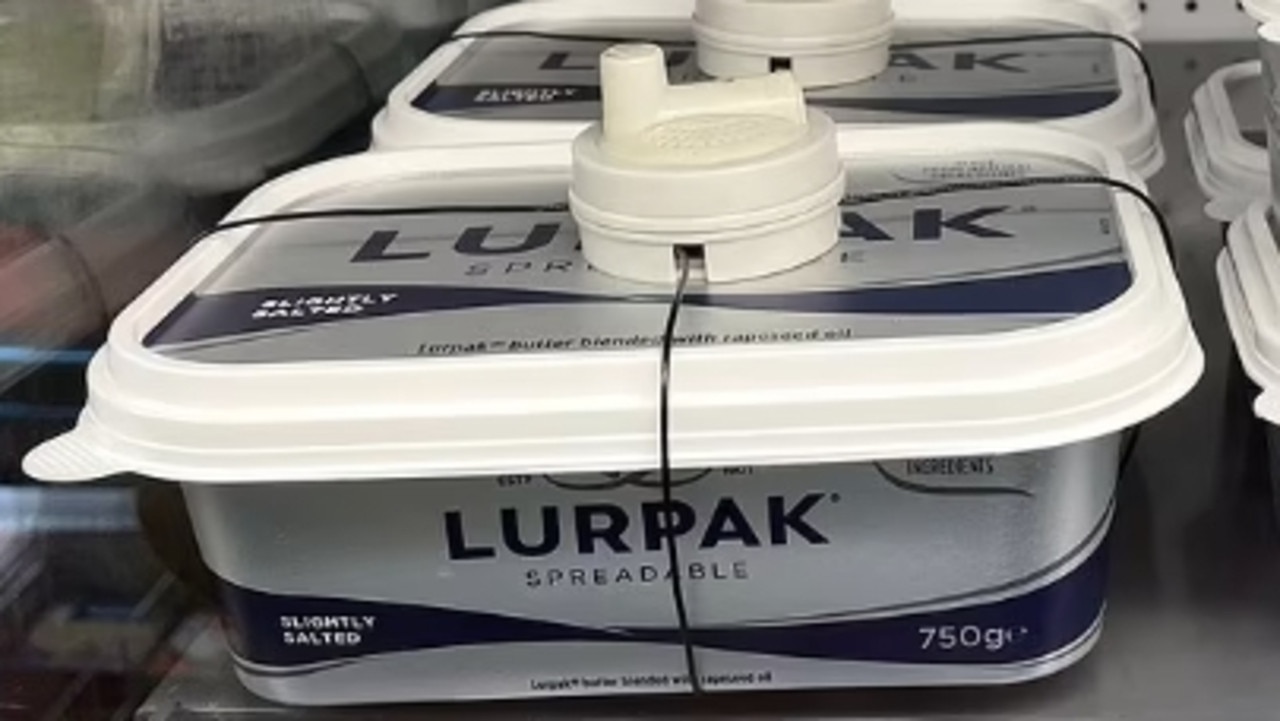When I moved back to Britain, my home country, for four months last year, to say things were bad is an understatement.
In that time, the country had two prime ministers, two monarchs and four education secretaries.
Elitist, offensively out of touch, privately educated MPs squabbled over the optics of opera-going, how to get their mug in Vogue magazine and whether chummy friendships formed at Oxford University would be affected by a cabinet reshuffle.
Meanwhile the everyday Brit struggled to afford soaring energy bills. Many then, as now, chose between heating the house or feeding the kids after 13 unlucky years of Conservative Party austerity, welfare state decimation and economic mismanagement.
An undercurrent of anger ran through the country. You could feel it in the air, see it on faces, and hear it down the pub. Then, Liz Truss’ humiliating record of 49 days as Prime Minister felt like rock bottom. The country became an international laughing stock. I honestly believed then that things couldn’t get too much worse. I was wrong.
When I returned this year, the cost of living crisis has got so bad in the UK, major supermarkets are putting items such as meat, butter and milk under padlock to deter thieves stealing it or selling it cheaper on the black market.
There really is no more revealing sign of the times than a £7.25 ($14) tub of Lurpak butter strapped to a supermarket shelf by a security tag which you must request staff to remove in order to purchase.
When I first moved to Sydney from the UK, the first thing people asked was whether I could afford it. 11 years ago, Sydney had a reputation of being an expensive, yet worthwhile, place to visit.
Now the tables have turned and the UK holds that dubious prohibitively extortionate title. That’s not to say that Australians aren’t feeling the cost of living crisis – they most certainly are. So far I’ve only uncovered one incident of a padlock on pricey meat in Australia. These shocking UK pictures show dire things can get.
For some items, Sydney is now much cheaper than the UK. I can get a fresh, healthy salad for $15 in Sydney. In the UK many previously cheap eateries are now at least $20 or $30 for an insipid salad nowhere near as tasty or healthy.
An undercurrent of anger has now turned to fury. People want scapegoats. Alarmingly, they’re blaming society’s most vulnerable such as refugees and not the chaotic incompetence of a government that has, as of July, had 12 Culture Secretaries in 13 years, such is its disdain for the arts.
“Stop the boats,” voters parrot, an echo of Tony Abbott’s three word slogan, rather than “sack the clowns.”
I no longer recognise the country I grew up in. Major city councils are going bankrupt, regular train strikes are bringing the country to a standstill, schools and prisons are crumbling, hospitals are failing and people can’t afford basic groceries or energy bills.
At a hospital appointment in July, I needed simple stitches removed (it eventually took 10 minutes.) This was the sign I saw at the “urgent” NHS treatment centre, a site of pure and total misery. It says it all:
When I needed stitches after a bicycle accident in Sydney in May (I’ve had a calamitous year!) the wait was just 20 minutes – and the excellent St Vincent’s staff apologised for it. I lost half an incisor and part of my front tooth in the same accident. My Sydney dentist fixed it that same day.
In the UK, my siblings and I can’t get an NHS dentist. We travel to Turkey to get dental work done cheaply, efficiently and quickly.
Things are so grim, public libraries are waiving all overdue fees. Nurses are eating dinner from food banks.
The chattering classes and front pages were discussing whether or not former politician and chief Brexiteer Nigel Farage deserved a Coutts account – a bank in which clients are required to save £3 million plus. Such airtime was a slap in the face to Brits scrimping every last £3 to afford gas, meat and butter in the Brexit Britain he duped us into.
And don’t expect current PM Rishi Sunak to relate. His wife is richer than the King, he recommended wealthy families simply donate their $660 energy rebate to charity because wealthy second-home owners would receive double the payment and once cheerfully admitted to having no working class friends, only “aristocrats” and the “upper class.”
The class chasm, in a country beset by it, has never felt wider or more insulting.
A year on from Truss’s disastrous ‘mini-budget’, economists measure the way it – and Brexit – have tanked the country’s economy.
The assessment is brutal. The pound crashed; markets were spooked. Home-owners are still left struggling to pay their mortgages. An OECD report this week predicted Britain will see the worst inflation and the second weakest growth out of all G7 nations.
“When Brexiteers tried to create Singapore on the Thames, the Truss government instead delivered Argentina on the channel,” Mark Carney, ex Bank of England Governor said of the “basic misunderstanding of economics” seen from Brexiteers and Truss.
Argentina – once one of the world’s richest countries – has 100% inflation.
I left the UK in 2012, the year the Spice Girls sang on top of black cabs at the London Olympics, showing off a unified country of diversity, innovation and promise.
I returned to one of decay and division.
It may be Britain and it may now officially be a Kingdom. But it is no longer great, nor united.
Gary Nunn is an author and journalist. X: @garynunn1

